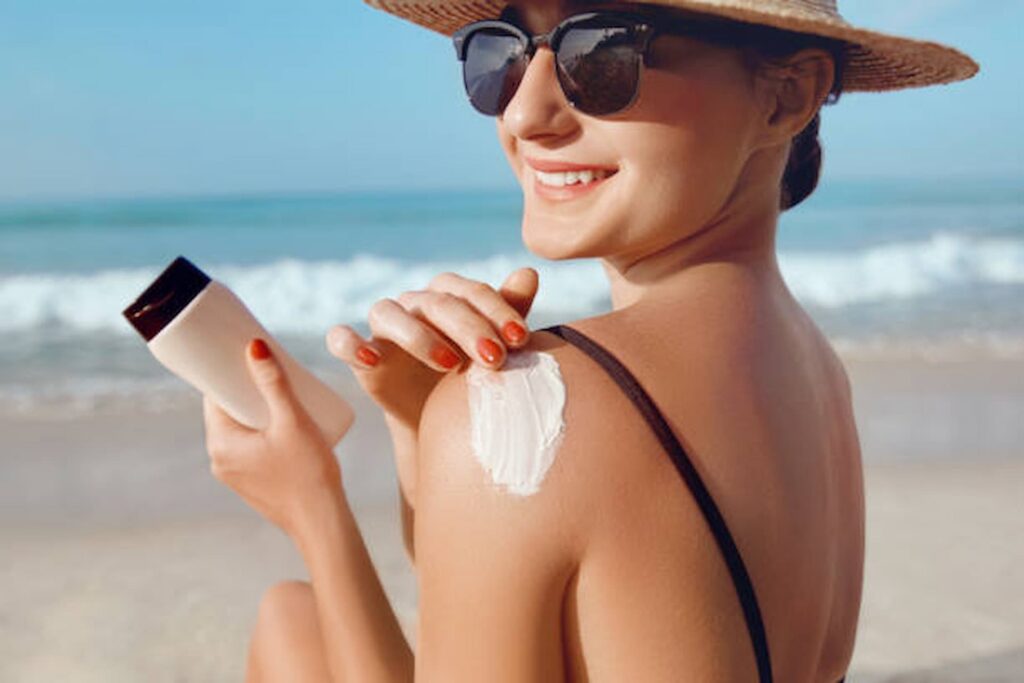Covering your skin from the sun’s damaging UV rays is crucial to stay healthy and look fantastic. However, purchasing the right sunscreen can be daunting due to the wide variety of products available. Therefore, it is vital to understand what factors are most important when selecting sunscreen to decide to provide the desired protection level.
Sunscreen Importance
Sunscreen is one of the most essential products that you can use to protect your skin. This is because it acts as a barrier between your skin and the sun’s harmful rays, which are responsible for causing sunburn, premature ageing, and even skin cancer. Moreover, sunscreen is crucial during peak hours when the sun’s intensity is highest – typically between 10 a.m. and 4 p.m.
Types Of Sunscreen
There are many different types of sunscreen available on the market. Physical sunscreens are less irritating for sensitive skin and offer immediate protection upon application, but darker skin tones leave a white cast. However, chemical sunscreens absorb UV radiation and convert it into heat energy before releasing it into the environment.
SPF Level Considerations
One crucial factor to consider when choosing a sunscreen is the SPF level or sun protection factor. Your skin type is the first thing to remember when choosing an SPF level. For example, individuals with fair or sensitive skin will need a higher SPF than those with darker complexions who are less prone to burning. Additionally, it’s essential to consider your daily activities and how much time you spend outdoors. For example, those who work outside or enjoy outdoor sports will require a higher SPF.
UVA and UVB Protection
UVA and UVB rays are two types of ultraviolet radiation that can harm our skin. UVA rays cause premature ageing, while UVB rays are responsible for sunburns. Unfortunately, both can also increase the risk of developing skin cancer. Therefore, protecting your skin from UVA and UVB rays is essential.
Look for products with an SPF of at least 30 and apply them generously before going outside, even on cloudy days or in the winter months.
Skin Type Considerations
Different skin types have different needs for sun protection, so choosing the right product for your needs is essential. For example, if you have fair or sensitive skin, opt for a sunscreen with a higher SPF level. Those with oily or acne-prone skin may want an oil-free formula that won’t clog pores or cause breakouts. On the other hand, those with dry or mature skin may benefit from moisturizing ingredients such as vitamin E and hyaluronic acid.
Ingredients To Avoid
When purchasing sunscreen, it’s essential to read the label and know which ingredients to avoid. For example, oxybenzone is one of the most concerning ingredients in many sunscreens. This chemical has been linked to hormone disruption and can cause skin allergies. Another ingredient commonly found in sunscreens is retinyl palmitate, a form of vitamin A that can promote cancerous cell growth when exposed to sunlight. This ingredient should also be avoided for its potential harm to human health.
Conclusion
Purchasing sunscreen protects your skin from harmful UV rays. Knowing your skin type, understanding the SPF and UVA/UVB ratings, considering water resistance and checking for longevity are all critical components to finding the best sunscreen.

